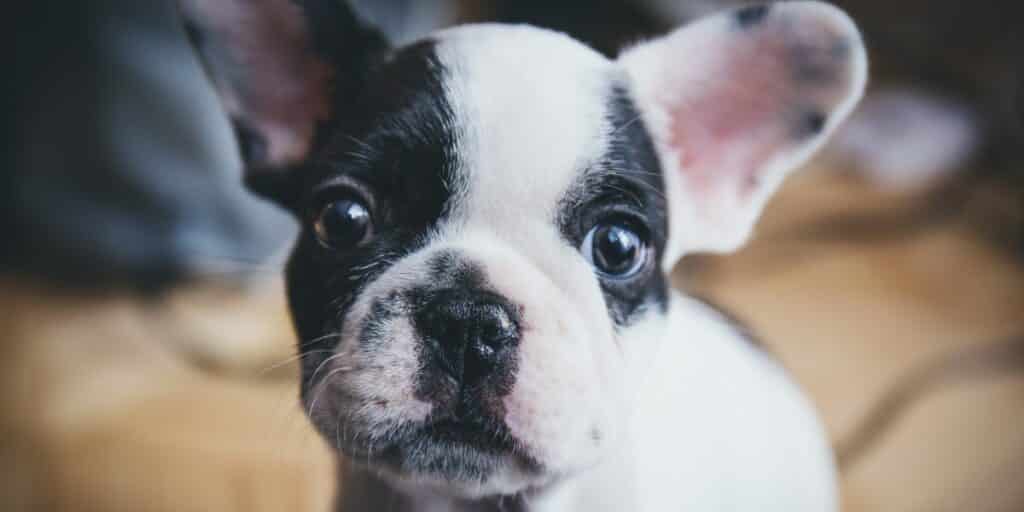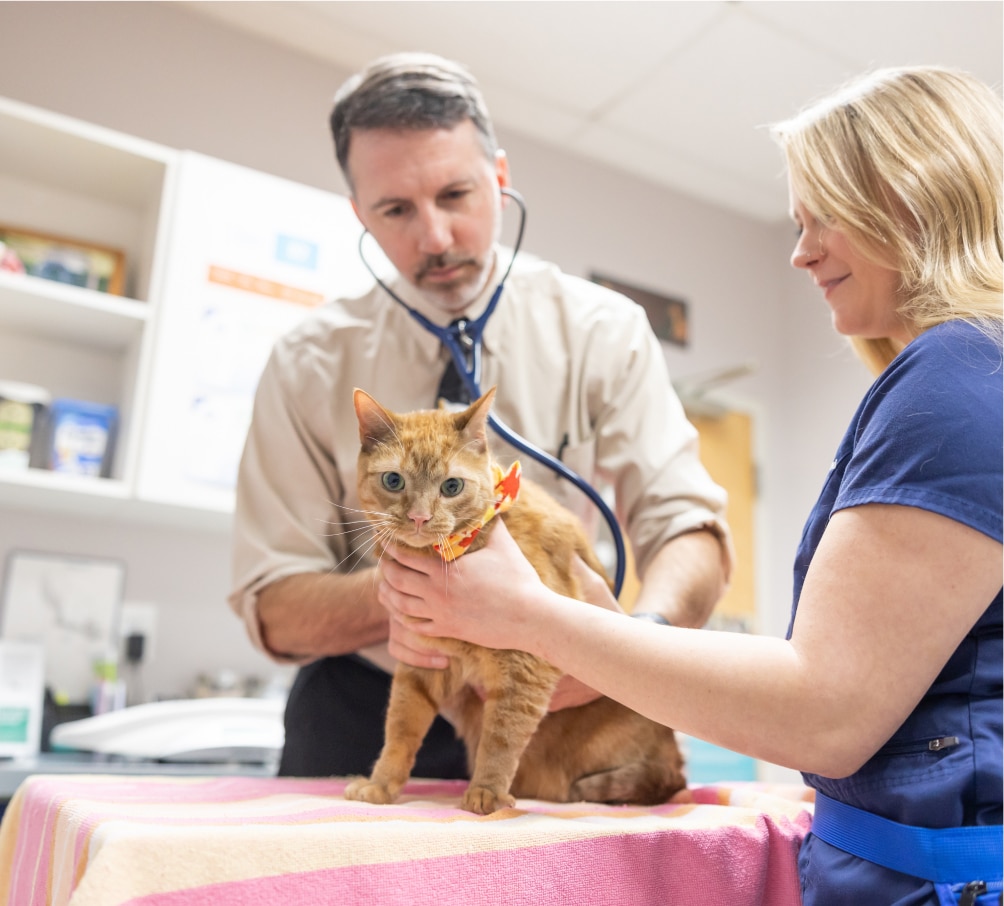Your new puppy may be cute and cuddly, but their teeth can pack a serious punch when they decide to nip you.
Nipping is a completely normal, natural behavior for puppies who are teething and learning to use their teeth, but it’s a behavior that must be stopped to protect you and your family as your dog grows.
Putting a stop to biting behaviors as soon as you notice them is key to teaching your puppy not to nip. Here are 6 things you can do to help them stop biting:
Teach Bite Inhibition
As puppies grow, they tend to play bite as they wrestle with their littermates.
In these situations, if they bite down too hard on the other animal, this can earn them a warning bite or yelp in return. The pain the puppy feels at that warning bite, or the unexpected yelping sound, snaps them out of their bite and causes them to release the other dog.
To mimic this effect in your home, try letting out a loud, high-pitched “Ow!” when your puppy nips you. In some dogs, this will cause them to release you and back off.
Beware, though: Yelping can cause some dogs to get more riled up and make them more likely to bite.
If this is your dog, it’s best to turn quietly around and walk away, or put the puppy in their crate for a while to calm down.
End Playtime
If your puppy bites while playing, make sure they know it means that playtime is over, no exceptions.
Yelling at or punishing your puppy for nipping may seem to be a way to get your message across, but it actually has the opposite effect. Rather than showing your dog that their behavior is unacceptable, they learn that biting gets them attention, and they’ll continue biting.
Instead, put your puppy down and quietly walk away. Tuck your hands into your armpits to make yourself seem physically smaller, sending a signal to your puppy that they no longer have your attention.
This will help them see that the things they do impact your attention, and they will learn to avoid the behaviors that cause you to walk away.
Offer Alternatives
Teething, for puppies, is similar to teething for babies. They suddenly have all these new teeth and they’re looking for ways to use them. Sometimes, your arms and legs get in the way and your puppy bites.
If your puppy nips you, immediately offer a chew toy as an alternative. When your puppy is in the thick of biting behaviors, it’s best to carry a toy with you as often as possible so you always have it at the ready.
This teaches your puppy that it’s not OK to bite people or furniture, but it is OK to bite these toys.
Time Out
Often, puppies nip because they get overstimulated and overexcited, and don’t know how to calm themselves down.
When your puppy nips you or someone else, quietly, gently remove them and place them in their crate or a separate room so they can calm down. This action shows them both that biting means they lose your attention and allows them to self-soothe, two important things all puppies need to learn.
Use Positive Reinforcement
Teaching your dog what behaviors you want to see can sometimes mean catching them doing good.
If your puppy is playing nicely or sitting quietly, reward them with a gentle pat and a “Good dog.” They will learn that this good behavior gets them attention, and they will want to repeat that behavior to continue receiving the reward.
Try a Class
If you feel that you’ve tried all the at-home tricks but your puppy still won’t stop biting, it may be time to consider an obedience class.
These classes, when led by a trained professional, can not only teach your puppy not to bite, but also give you some strategies and tips to use to reinforce lessons learned in class.
Puppy Care in Frederick, MD
If you have just become the proud owner of a new puppy, let the skilled veterinarians at Old Farm Veterinary Hospital make sure they’re healthy and thriving. We offer wellness exams, vaccinations, and more for every stage of your puppy’s life. Schedule an appointment today!



